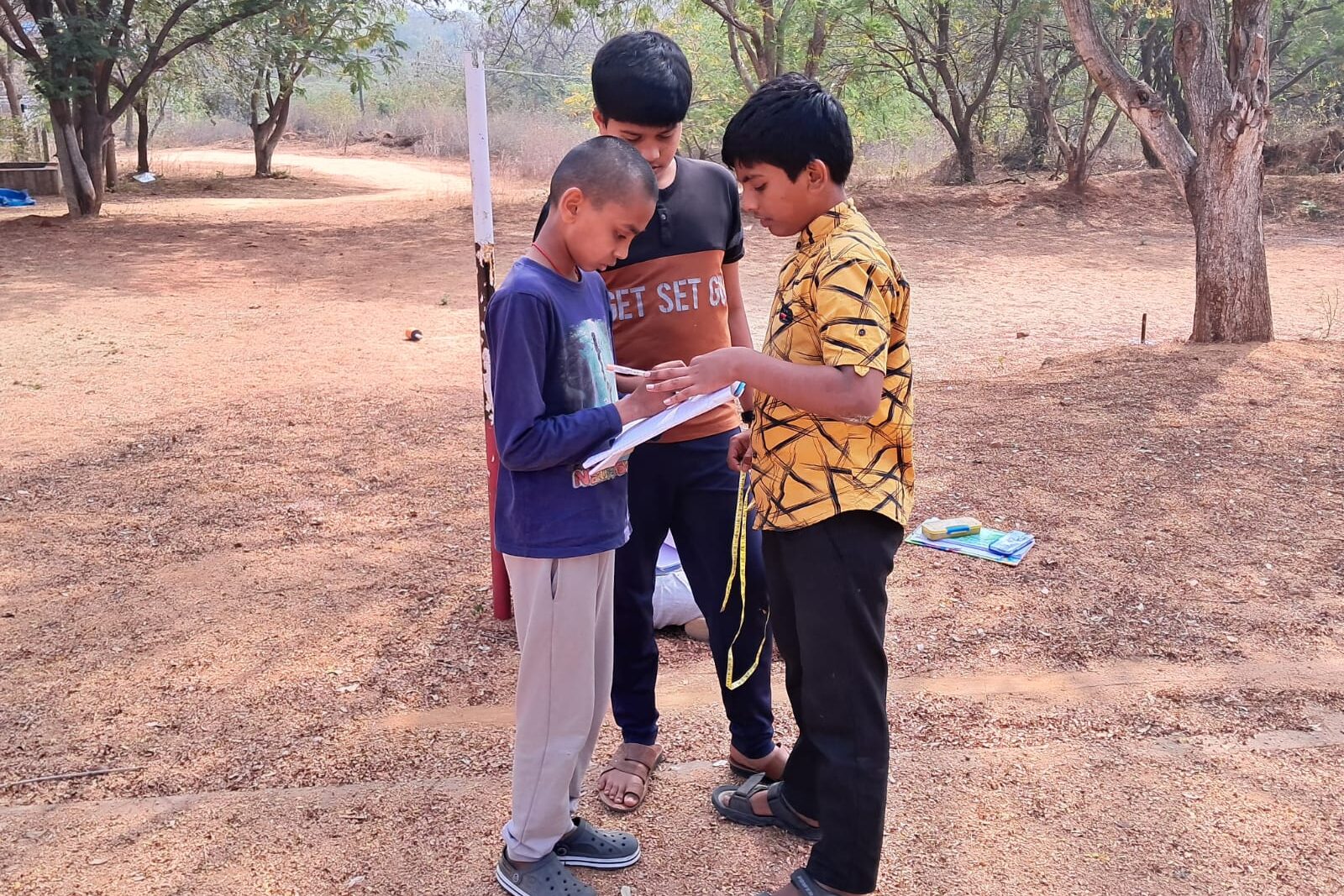

“Guiding Light: Embracing the Role of Teacher as Mentor in the Spirit of Sri Aurobindo”
Introduction:
Teaching is a noble profession that extends far beyond the transmission of knowledge; it involves shaping minds, nurturing spirits, and guiding individuals towards their fullest potential. Sri Aurobindo, a philosopher, poet, and spiritual teacher, offers profound insights into the role of a teacher as a mentor. In this blog, we delve into the principles of mentorship according to Sri Aurobindo, exploring how educators can go beyond the traditional role of imparting information to become transformative mentors for their students.
- Awakening the Spirit:
Sri Aurobindo emphasizes the holistic development of individuals, and teachers, as mentors, play a crucial role in awakening the spirit within each student. Beyond academic achievements, mentors guide students on a journey of self-discovery, helping them recognize their unique strengths, passions, and purpose. The mentor-teacher inspires a love for learning that extends beyond the classroom, fostering a lifelong quest for knowledge and self-realization.
- Individualized Guidance:
In the spirit of Sri Aurobindo’s teachings, the mentor-teacher recognizes the uniqueness of each student. Rather than applying a one-size-fits-all approach, mentors tailor their guidance to the individual needs, interests, and abilities of their students. This personalized approach creates a supportive and nurturing learning environment where students feel seen, heard, and valued.
- Integral Education:
Sri Aurobindo advocates for integral education, which goes beyond academic subjects to include the development of character, emotional intelligence, and a sense of social responsibility. A mentor-teacher, in alignment with this philosophy, engages students in a comprehensive educational journey that nurtures not only their intellectual capacities but also their emotional and ethical dimensions.
- Cultivating a Love for Truth:
For Sri Aurobindo, education is a process of seeking truth and knowledge. Mentor-teachers guide students in developing a love for truth, encouraging critical thinking, curiosity, and a discerning mind. By fostering an environment where questions are welcomed, and exploration is celebrated, mentors inspire students to become lifelong learners and seekers of truth.
- The Art of Inspiration:
Mentorship involves more than just instruction; it requires the art of inspiration. Sri Aurobindo encourages teachers to embody the qualities they wish to instill in their students. By being models of integrity, passion, and continuous learning, mentor-teachers inspire their students to aspire to higher ideals and to embrace a life of purpose and meaning.
Conclusion:
In the spirit of Sri Aurobindo’s teachings, teachers as mentors become guiding lights, illuminating the path of self-discovery and growth for their students. By embracing a holistic approach to education, fostering individualized guidance, and cultivating a love for truth, mentor-teachers contribute not only to the academic success of their students but also to the development of well-rounded individuals ready to face the challenges of life with wisdom and resilience.

